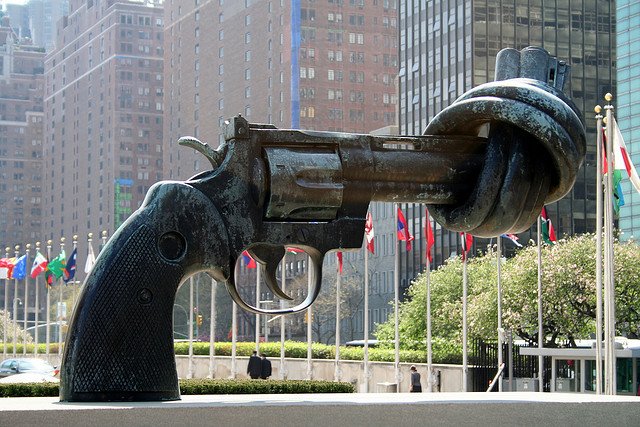
OHCHR Global Panel: Moving Away from the Death Penalty
By Angélica Hoyos, senior in Political Science and Human Rights at Columbia University
On July 3rd the Office of the High Commissioner of Human Rights organized the global panel: “Moving Away from the Death Penalty.” Secretary-General Ban Ki-moon opened the discussion by declaring his commitment to end capital punishment: “The taking of life is too absolute, too irreversible, for one human being to inflict it on another, even when backed by legal process.” The goal of the discussion, which included delegates from the states parties, panelists, and members of civil society, was to set up a debate for the upcoming General Assembly in October. In 2007, The United Nations endorsed an international moratorium on capital punishment. Ever since, six nations have abolished the practice. The High Commissioner for Human Rights Navi Pillay expressed her hope for many other states to follow this trend. She reminded retentionist states that they ought to comply with Article 6 of the International Covenant on Civil...


